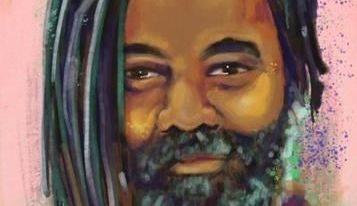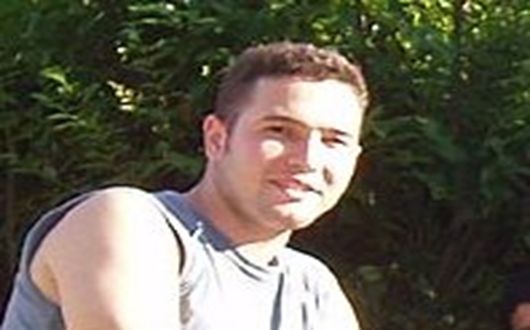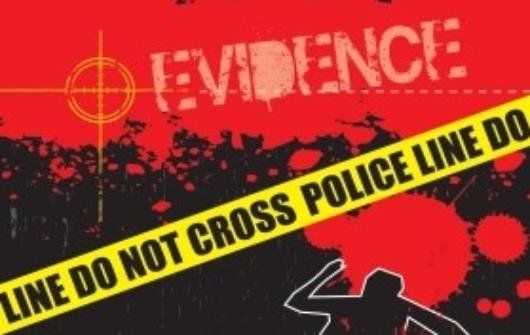Disputed terms ‘deflects attention’ in deaths following police restraint
source: The Justice Gap
published: 19 March 2024
Image Credit: Peter Marshall - www.flickr.com/photos/petermarshall
A recent investigation by the Observer has revealed widespread use of disputed medical terms, ‘Acute Behavioural Disturbance’ (ABD) and ‘Excited Delirium,’ in explaining deaths following police restraint incidents in the UK. [See ‘Outdated and offensive’: police in England and Wales barred from blaming restraint deaths on ‘excited delirium’ ]
Further concerns have been raised about the disproportionate application of these terms to black individuals, exacerbating existing inequalities in the use of coercive measures.
Despite being rooted in pseudoscience and rejected by medical experts, these terms continue to be employed by authorities, raising concerns among campaigners who argue they perpetuate racial stereotypes and obscure police accountability.
ABD and excited delirium are often used interchangeably to describe individuals exhibiting agitation or bizarre behaviour, often attributed to mental illness or drug use. Symptoms include insensitivity to pain, aggression, and elevated heart rate.
While authorities claim these terms aid in identifying individuals in need of medical assistance, critics argue they serve to deflect attention from police actions and responsibilities in restraint-related deaths.
Other Archive News:
End the use of “excited delirium” as a cause of death in police custody
12 March 2022
Excited delirium: valid clinical diagnosis or medicalized racism?
6 April 2021
Forensic Science Regulator: The use of ‘excited delirium’ as a cause of death (PDF file)
Published in 2020
How “excited delirium” is misused to justify police brutality
10 August 2020
Excited delirium: Medical emergency – not willful resistance
10 July 2015















